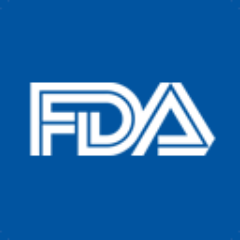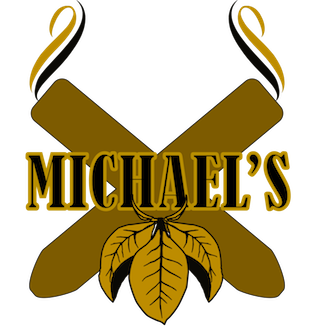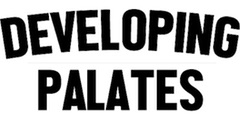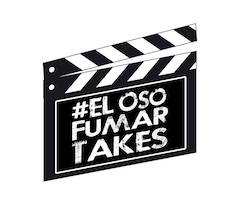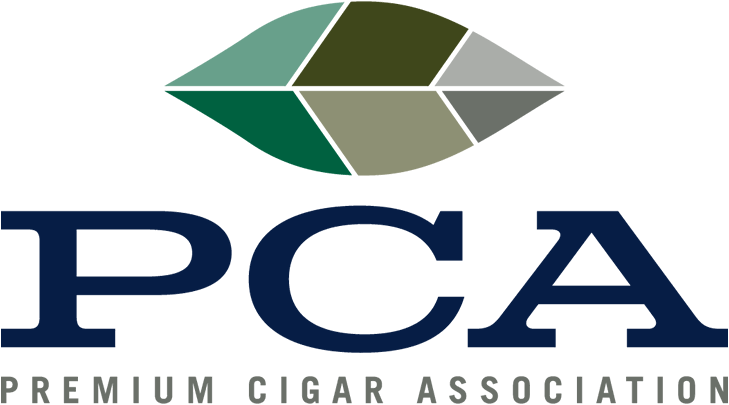Editors Note: This was incorrectly reported by this author as ruling by the court. It was simply an acknowledgement of the court of the U.S. Food and Drug Administration’s (FDA) response to the cigar industry’s motion for injunction and summary judgement. A ruling is expected in the upcoming weeks. This error entirely lies on this author’s end and I sincerely apologize to our readers and the cigar industry for this error.
The U.S. Food and Drug Administration has responded back (via a cross motion) to the three trade associations of the cigar industry’s (Cigar Association of America, Cigar Rights of America and the International Premium Pipe and Cigar Retailers) motion for a preliminary injunction and partial summary judgment o prevent the FDA from moving forward with portions of the Deeming Regulations. This response was acknowledged U.S. District Court for the District of Columbia by Judge Amit Mehta last Tuesday. The Court is expected to rule on the partial summary injunction and summary judgment in the upcoming weeks.
The portions of the Deeming Regulations the cigar industry was hoping to stop were the implementation of warning labels, user fees, treating pipe tobacco blenders as manufacturers, and considering pipe devices as a tobacco product. Ultimately, the partial injunction will temporarily halt the implementation of these regulations until after a decision via trial. Longer term the summary judgment could lead to these regulations being thrown out of the case.
In the response, the FDA makes the claim::
“As an initial matter, Plaintiffs’ request for preliminary relief should be rejected out of hand. The deeming rule was promulgated in May 2016. Yet Plaintiffs waited nearly 17 months, until October 2017, to move for a preliminary injunction. That lengthy delay undercuts any claim of irreparable harm, and it should not be rewarded by a favorable exercise of equitable discretion.”
Points in the response include:
- Warning Labels: Two major points argued by the cigar industry were that the Warning Labels violated First Amendment and imposed a greater burden on the cigar and pipe industry. The FDA has responded back by stating the Deeming Rules Health Requirements were consistent with the First Amendment and Tobacco Control Act. The FDA also ruled the plaintiffs failed to demonstrate why they were entitled to relief for the costs incurred.
- User Fees: The argument here by the cigar industry was that the cigar and pipe industry were being assessed fees and the e-cigarette industry was not. The FDA responded by stating the assessment of user fees was consistent with statutory authority. Part of the issue is that the Fair and Equitable Tobacco Reform Act (FETSA) defines six classes of tobacco products (cigarettes, cigars, snuff, chewing tobacco, pipe tobacco, and roll-your-own tobacco) for determining the percentages needed to calculate the user fees. While E-Cigarettes are not a part of FETSA, the FDA stated that user fees are consistent with statutory authority.
- Retailers Blending Pipe Tobacco: The argument here by the cigar industry was the FDA did not reasonably interpret the Tobacco Control Act when it came to treating tobacco blenders as manufacturers. This affects tobacco retailers who mix (blend) their own pipe tobaccos. The FDA reiterated the assertion that these retailers should be treated as manufacturers.
- Pipe Devices as a Tobacco Component: The argument by the cigar industry is that FDA was incorrect in asserting a pipe device is not a part of a tobacco product. In the response, the FDA cited precedence in the recent ruling against Nicopure Labs LLC as in that case it was determined a vaping device and e-liquid were two integral parts of a vaping system. The FDA pointed out a similar analogy to pipes and pipe tobacco.


